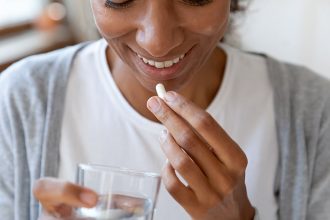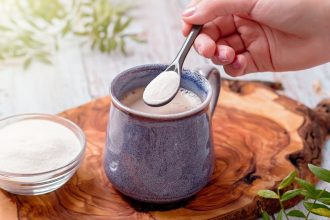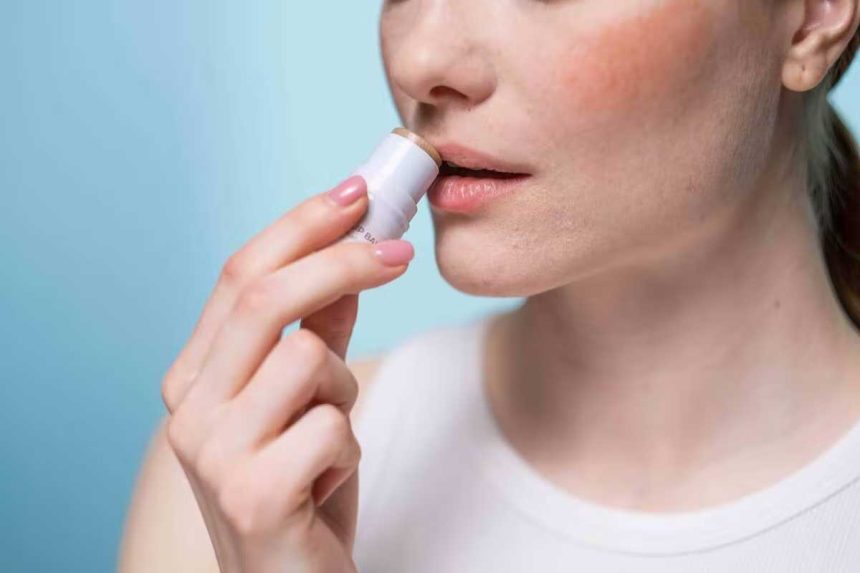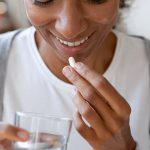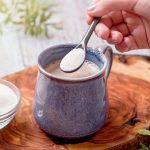Experiencing chapped, dry lips can be quite uncomfortable, especially when they feel cracked and tight. Despite using lip balm, the dryness and peeling may persist, leaving you frustrated. While lip balm offers temporary relief and a glossy appearance, it doesn’t address the underlying causes of dry, chapped lips. Understanding the root causes of this condition is crucial, as it can result from various factors including harsh beauty products and extreme weather conditions.
Before applying more lip balm or attempting to remove the flaky skin, it’s essential to learn about the causes of dry lips and effective treatment and prevention methods.
What Causes Dry Lips?
“Numerous factors contribute to extremely dry lips, including environmental conditions, lip products, and nutritional deficiencies,” explains Dr. Michele Koo, a board-certified plastic surgeon and founder of Dr. Koo Private Practice. Unlike other skin areas, lips lack sweat glands, making them susceptible to dryness and in need of extra care to maintain moisture and prevent chapping.
Extreme Temperatures
Dr. Koo highlights that dry heat or cold air can strip moisture from the lips, leading to cracking and peeling. Reduced humidity during winter exacerbates this issue, leaving lips exposed to harsh winds and prone to dryness, cracking, or peeling.
Makeup
Lip products containing dyes, fragrances, and other irritants can exacerbate dryness and chapping, Dr. Koo warns. Fragrances, menthol, camphor, or salicylic acid in lip balms can hinder improvement, prompting a switch to more gentle options.
Vitamin and Nutrient Deficiency
Daily items like mouthwash, toothpaste, and certain foods with high preservatives, spices, or salt can dry out lips. Dr. Koo notes that a deficiency in vitamins B9, B2, B6, or B12, essential for skin health, can lead to dry lips. Dehydration, malnutrition, or medications like lithium and retinoids can also contribute.
Skin Conditions
Eczema or allergic reactions to lip products can manifest as eczematous cheilitis, causing red, flaky, and irritated lips. Thrush, a fungal infection, can affect dry lips, particularly in individuals with weakened immune systems or dry mouth conditions, presenting as red, painful mouth corners or white plaques.
Understanding these causes is vital for effectively treating and preventing dry lips, emphasizing the importance of moisturizing and avoiding irritants to maintain lip health.
How to Treat and Prevent Dry Lips
Ensuring your lips stay moisturized is as essential as caring for the skin on the rest of your body. Here are some simple tips and preventive measures to keep your lips hydrated and free from chapping.
Makeup
Evaluate the lip products you use as they could be contributing to dryness. Dr. Koo advises avoiding lip products with fragrances and flavored balms that may prompt excessive lip licking. Instead, opt for moisturizing lip balms with SPF to shield your lips from sun damage.
Environment and Weather
Protect your lips from extreme weather conditions. Dr. Koo suggests covering your lips with a scarf in cold, windy environments to prevent moisture loss. Additionally, use a humidifier at home, especially in your bedroom, to combat dry air and maintain lip hydration.
Skin Care
Choose moisturizing and occlusive products for your lips. Dr. Ugonabo recommends ingredients like petroleum jelly, shea butter, mineral oil, and ceramides. Apply these products generously before bedtime to seal in moisture and prevent overnight dryness.
Medical Conditions
Seek medical attention if your dry, chapped lips worsen or show signs of infection. Dr. Koo warns about bacterial cheilitis, which may require antibiotic treatment. Consult a dermatologist if your lip condition does not improve or if you experience severe symptoms like bleeding lips or difficulty breathing.
By incorporating these practices into your routine and using lip products that hydrate and protect, you can bid farewell to dry, chapped lips and maintain soft, moisturized skin.


